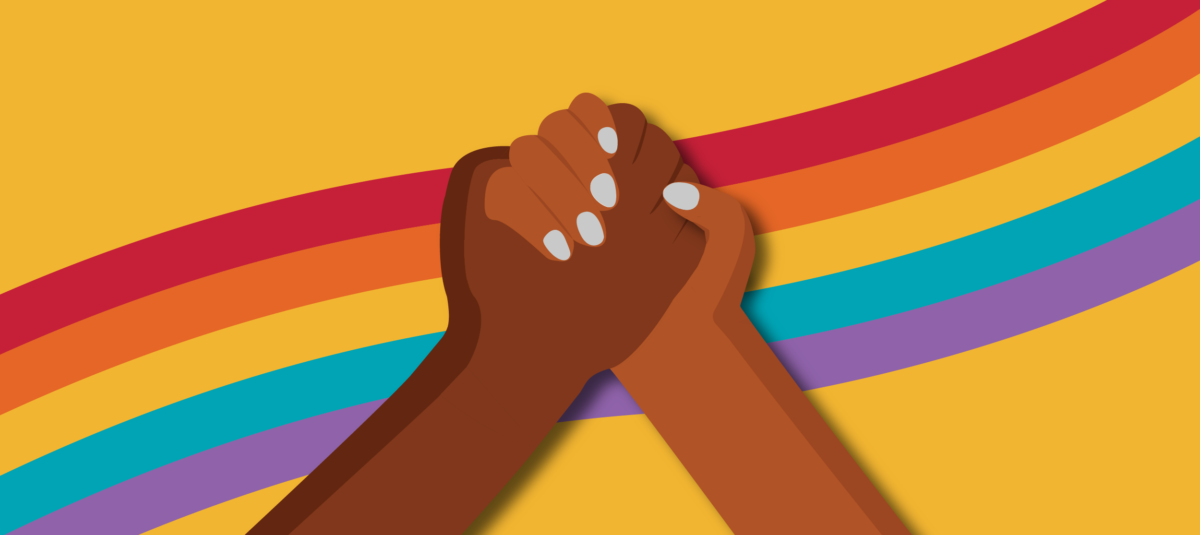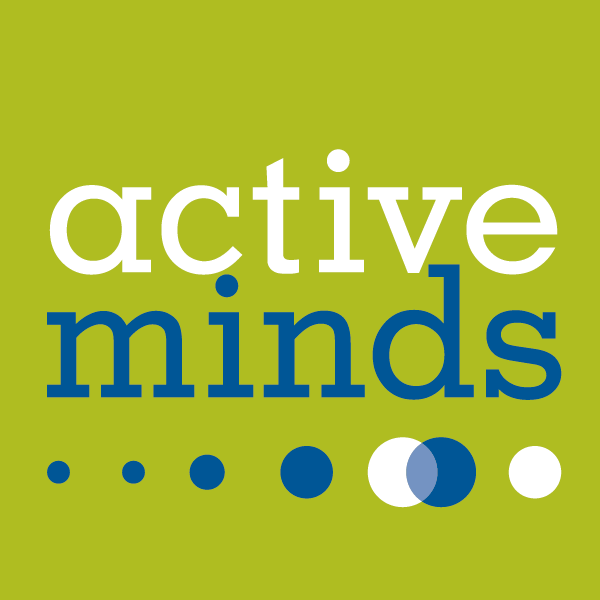Content Warning: This piece contains mentions of suicide statistics.
June (Pride month) and July (BIPOC Mental Health Month) are historically times in our society to recognize, celebrate, and advocate for the LGBTQ+ and BIPOC communities. While it is important to acknowledge the strides our society has made during particular moments; it is vital that the conversations around the well-being of those in these communities continue beyond the summer. For families, allies, and advocates, these months should not be the only time to step up, embrace loved ones, and be a part of systemic change. The importance of creating a safe, inclusive, and equitable environment matters all year long. And for those in the LGBTQ+ and/or BIPOC community, the specific struggles they face do not disappear beyond June and July. Particularly, after the year our world has endured, mental health for those in underrepresented communities is more important than ever. Why? Because the data shows that LGBTQ+ and BIPOC young adults experience higher rates of physical and mental health issues than compared to white, heteronormative youth.
Unlike most white, cis-gendered, and heterosexual individuals, those who identify as BIPOC and/or LGBTQ+ are made aware of their identities every single day. Learning to navigate a society full of deep-rooted racism and homophobia is debilitating — especially for those who struggle with mental health issues. No one should be made to feel that because of who they are or who they love, they are less valued. However, those in the BIPOC community are more likely to experience negative outcomes due to the pandemic, police brutality, and racial oppression; while those in the LGBTQ+ community experience issues such as outright discrimination, lack of access to health care, and limited support.
While our society has made strides, there is still so much work to be done. The reality is that BIPOC and LGBTQ people are not safe in this world and because of this constant fear of hatred or abuse, their mental health deteriorates. The Trevor Project’s 2021 National Survey on LGBTQ Youth Mental Health concluded that 42% of LGBTQ+ youth seriously considered suicide in the past year, including more than half of transgender and nonbinary youth. 70% of LGBTQ+ youth stated that their mental health was “poor” most of the time or always during COVID-19, and half of LGBTQ+ youth of color reported discrimination based on their race/ethnicity. Mental health in youth and young adults matters, and it is especially crucial to highlight and address the mental well-being of those in the BIPOC and LGBTQ+ communities.
At Active Minds, we are committed to supporting LGBTQ+ and BIPOC youth not only in these summer months, but every day. One way we are doing so is through our Your Voice is Your Power program, which aims to empower young adults to engage the wider community on school policy, programming efforts, and in ongoing conversations around equity and mental well-being. Through this program, schools can also involve staff in training to create a more culturally responsive and inclusive environment for both students and administrators.
Every person’s story matters. Student experiences should be validated, heard, and believed. The lived experiences of LGBTQ+ and BIPOC youth must be amplified, listened to, and centered. Equity in mental health means fair and just access and opportunities for all youth and young adults. Pride Month should be a time where LGBTQ+ individuals feel loved, empowered, and seen. But, June should not be the only time where we show up to tell LGBTQ+ youth that they are needed here. Similarly, conversations during BIPOC Mental Health Month should not be limited to July. Because the well-being of our students is always important. LGBTQ+ and BIPOC youth matter every single day and they deserve to know that.




